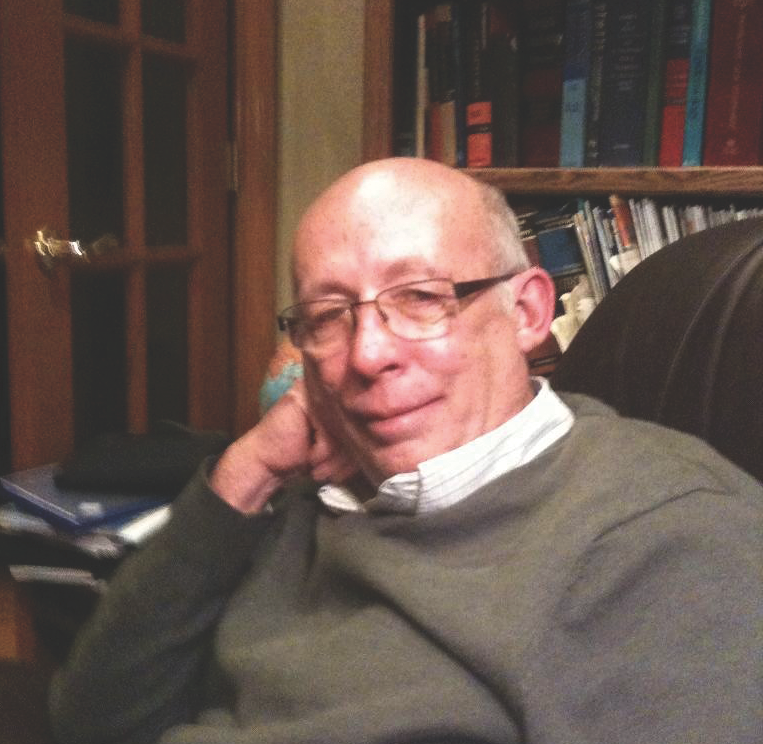Transitioning A Podiatry Practice To A Younger Associate
I just transitioned my American Board of Foot and Ankle Surgery status from inactive to retired. It was a bittersweet moment when I signed the letter in front of a notary, sealed the envelope and then dropped it into the mail. I am officially done as a podiatric surgeon. Now it is onto the next phase of my journey.
I attended the American Podiatric Medical Association (APMA) national seminar in Honolulu in July and was surprised to run into podiatrists my age and older who were still in practice. A common complaint was that, “I can’t retire because nobody will buy my practice.”
Many had hired associates with the plan of selling the practice at some time in the future and then things did not work out. Several had sold their practices to new DPMs and retired immediately. When the young doc went broke and defaulted, the old guy was back in the office.
Getting out of practice requires just about as much time and effort as getting in. I started the process six years before I retired in 2008. A young man called me to see if I was interested in bringing in an associate who would eventually buy the practice. I assured him I was not interested but he kept me on the phone for 30 minutes, and then we exchanged email addresses. He worked me over for a few months and then asked if he could visit my office. This involved a trip from Cleveland to Washington state. The kid was serious.
I was not aware that in just a few years, selling a practice would become as challenging as selling a litter of kittens. I invited the young man to come for a visit. He was likeable and intelligent. He also endeared himself to my wife, my office staff and several of my medical colleagues. After he left, I was hearing from all sides that I needed to hire him.
My original plan was to practice until I got tired of it and liquidate the practice and close the doors. This change in plans was scary to me. Working with a new young doctor would be like raising kids again. I decided to give it a shot and called the young man to see if I could visit him and see how he related to people in his residency training at a university affiliated hospital in Cleveland. I made the trip and stayed with him and his wife. All the staff I met in his hospital told me to hire him.
I already knew of the failures other doctors had when they tried to transition ownership to a younger doctor. A common problem was not agreeing to a value of the practice before singing the contract. If the new guy was good, the value of the practice went up and it was like the new guy was buying what he had built. I set the value of my practice with the average of the past three years net profit plus the replacement value of the equipment and supplies. We agreed upon the amount before we had a lawyer draft the contract.
Another common cause for failure of associate to partner arrangements is that the new guy has no sense of ownership. I created an arrangement that pledged shares of the stock in the corporation to him, paid with a salary differential. I made a little more than he did and the difference was the value of the pledged stock. We also agreed that if he left, he would relinquish the pledged shares. I did not want to buy my practice back.
An older orthopedist friend advised me to make every decision in the young guy’s favor so he would feel like he was in the best possible job. Opportunities came when I sensed that a productivity clause in the contract was making him nuts. I took it out. He relaxed and was way ahead of my goals by the end of the first year.
As the old guy, I realized that our arrangement had to have a finite timeline. I set my retirement date on my 62nd birthday and walked out the back door after my retirement/birthday party.
My associate already owned 15 percent of the stock of our S-corp and began making payments on the balance, which was set up on a 10-year contract. I dropped my active podiatry license that day so there would be no temptation to go back into practice and dabble in podiatry between vacations.
You can sell your practice. You need to be generous to the young doctor and practical about the value of your practice. There is an old saying, “Podiatry eats its young.” Not anymore. Our young graduates have too many other opportunities so they can afford to choose the right path to practice.
 Dr. McCord retired from practice in 2008 at the Centralia Medical Center in Centralia, Wash.
Dr. McCord retired from practice in 2008 at the Centralia Medical Center in Centralia, Wash.











